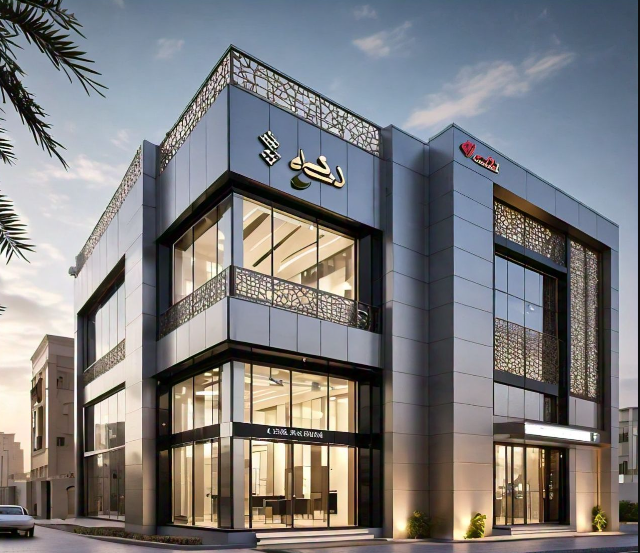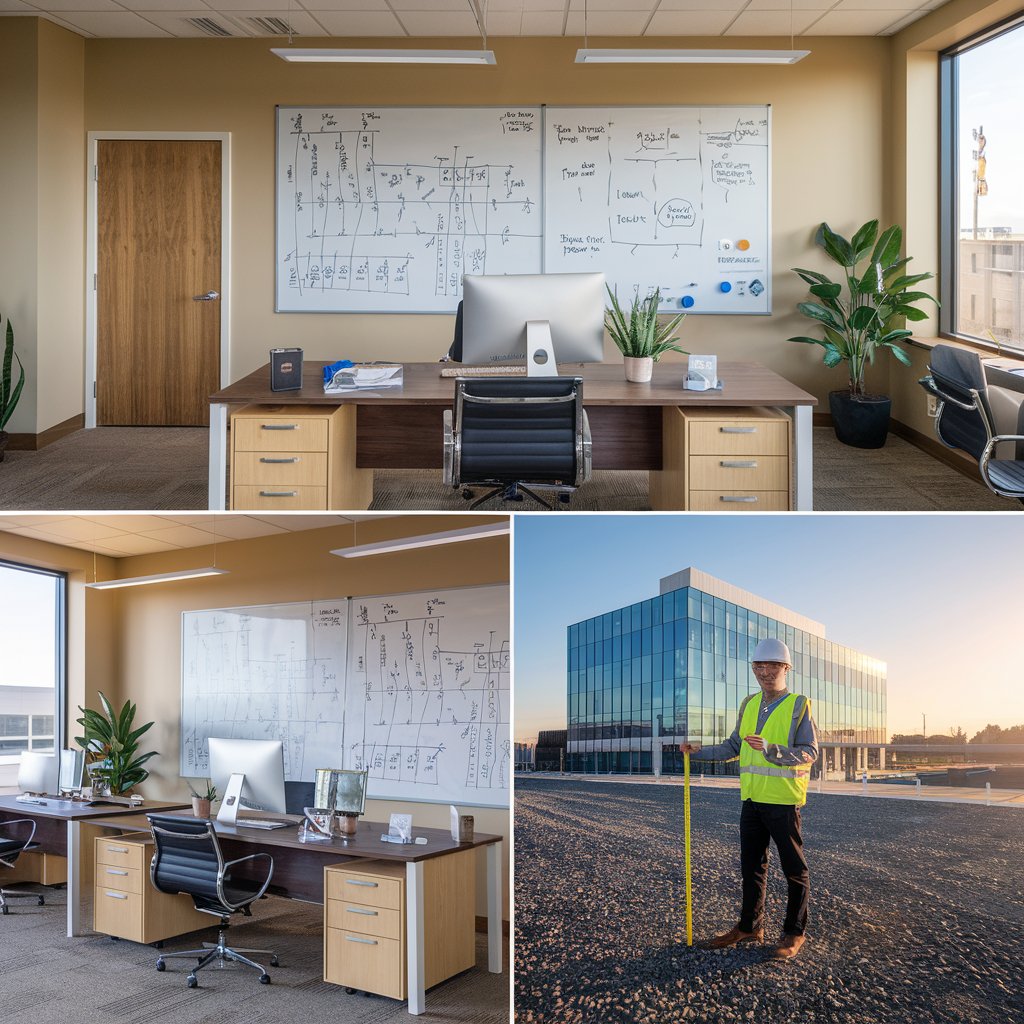Are There Specific Industries in Qatar That Prioritize Renting Over Purchasing Commercial Land?
In Qatar, a rapidly developing economy fueled by strong government investments, diverse industries drive growth in sectors such as construction, technology, retail, and hospitality. For many businesses in these sectors, renting rather than purchasing commercial land offers several strategic advantages. Industries operating with shorter project timelines, fluctuating needs, or unique financial requirements may find renting to be more practical and aligned with their goals. Here’s a closer look at some of the key industries in Qatar that typically prioritize renting over purchasing commercial land and the reasons behind their preference.
1. Construction and Infrastructure Development
Construction is one of the most significant industries in Qatar, especially given the government’s commitment to massive infrastructure projects, particularly leading up to the 2022 FIFA World Cup and as part of the Qatar National Vision 2030. Construction companies often need land temporarily for project-specific activities such as storage, equipment staging, and worker accommodations.
Since these land needs are usually temporary, commercial land for sale in Qatar is typically unnecessary and could tie up capital that would be better spent on project costs and equipment. Instead, renting land provides flexibility, allowing construction companies to set up temporary operational bases near project sites and quickly relocate as projects are completed.
2. Retail and E-commerce Businesses
The retail and e-commerce sectors in Qatar are growing rapidly, driven by an expanding consumer base and high demand for convenience and online shopping. Retailers, especially those establishing new storefronts or warehouses for fulfillment, often prefer renting commercial spaces to test market demand before committing to a permanent location. Renting also allows e-commerce companies to adapt to shifting demand and expansion opportunities.
The flexibility of leasing commercial spaces is particularly important in a market like Qatar, where consumer preferences and market dynamics can change rapidly. E-commerce fulfillment centers, for instance, might need larger spaces during peak seasons but may not require as much capacity year-round. Renting allows these businesses to adapt to seasonal demands, upgrade to larger spaces, or relocate as needed.
3. Hospitality and Tourism
The hospitality industry, including hotels, resorts, and related services, is integral to Qatar’s economic diversification strategy. The country is establishing itself as a prime tourist destination, driving a need for temporary and flexible accommodations. For many operators, renting land or commercial spaces in key locations is a better option than buying.
Hotels, particularly international chains, may prefer to lease rather than purchase land due to the high capital outlay associated with land acquisition and construction. Renting also provides flexibility, allowing companies to enter or exit the market more easily depending on tourism trends. This flexibility can be beneficial in a market as dynamic as Qatar’s, where tourism rates can fluctuate with global economic changes and local events. Additionally, tourism agencies and companies that provide services like tour operations, event management, and temporary accommodations often opt to lease commercial spaces, allowing them to operate within Qatar’s key tourist zones without the long-term commitment of land ownership.
4. Logistics and Warehousing
Qatar’s logistics sector has seen rapid growth as a result of increasing trade volumes, a focus on self-sufficiency, and the expansion of e-commerce. Logistics companies, including 3PL providers, freight forwarders, and warehousing services, often prioritize renting over buying due to the flexible nature of their operations. Renting allows them to set up strategic locations near transportation hubs, such as ports and airports, which enhances efficiency and reduces transportation costs.
The logistics sector’s needs can fluctuate significantly based on demand, seasonal requirements, and economic factors. Renting warehouses or logistics centers provides the flexibility to scale operations up or down as needed. Moreover, renting warehouse space closer to high-demand areas or in free zones gives logistics companies a competitive edge, enabling them to adjust locations to maintain optimal efficiency and respond to customer demands.
5. Technology and Startups
Qatar is fostering a vibrant technology and startup ecosystem, supported by government initiatives that aim to transform the country into a regional tech hub. Technology firms, startups, and research-based businesses often opt for renting office space instead of buying due to the high level of flexibility it offers. Many tech startups operate on tight budgets and prefer to direct their capital toward innovation and development rather than real estate investment.
Additionally, technology companies often expand rapidly or relocate based on talent availability, proximity to partners, or market shifts. Renting office space or commercial land gives them the flexibility to adapt to these needs without being tied to a specific property. Co-working spaces, which are often rented on short-term leases, have also become popular in Qatar among tech startups, further emphasizing the preference for rental solutions over land ownership.
6. Media and Event Management
The media, advertising, and event management industries frequently require commercial land or venues for temporary setups, particularly for large events, festivals, conferences, and exhibitions. Given Qatar’s rise as a regional hub for international events and conferences, companies in this sector regularly need temporary spaces and land. Renting allows them to secure prime event locations without the financial commitment of purchasing a property.
Furthermore, many event management companies and media agencies have fluctuating space requirements based on the number and size of events they handle. For example, a company managing a major sporting event may need substantial land or commercial space for a short period, and renting provides the ideal solution.
7. Education and Training Centers
Qatar has a growing education sector with numerous international institutions, training centers, and language schools opening campuses in the country. Renting is often preferred in this sector, especially for educational institutions that are just establishing themselves in the market. International schools and training centers can test demand in various regions, relocate to more favorable locations, or expand by leasing additional space without the long-term financial commitment of land ownership.
Conclusion
In Qatar, various industries prioritize renting commercial land over purchasing, given their unique operational needs, financial considerations, and the flexibility that renting offers. For construction, retail, hospitality, logistics, technology, media, and education sectors, renting allows businesses to adapt to changing market demands, manage costs, and maintain agility in an evolving economy.














Post Comment